Most of what I’ve written about Nero Wolfe/Archie Goodwin and their author Rex Stout predates this blog, but I’ve not hid the fact that I’m a near-rabid fan, and will take any excuse to mention them. So imagine my excitement when a few weeks ago, someone joined one of the fan groups on Facebook and mentioned he had a podcast working through the Corpus.
 Like the Wolfe is working their way, book by book, through series starting with the first, Fer-de-Lance (something I wrote about it, their podcast episode). Typically, there’s a little bit of material that’s safe for someone who hasn’t read the book under discussion, but most of the episode is full of spoilers and assumes a familiarity with the material.
Like the Wolfe is working their way, book by book, through series starting with the first, Fer-de-Lance (something I wrote about it, their podcast episode). Typically, there’s a little bit of material that’s safe for someone who hasn’t read the book under discussion, but most of the episode is full of spoilers and assumes a familiarity with the material.
Which honestly, is fine—few Wolfe and Archie fans read (or re-read, re-re-read, re-re-re-re-read, etc.) the books for the whodunit.
In the first few episodes, the audio quality isn’t that great and the hosts are clearly learning how to do a podcast. But those shortcomings actually come across as charming, and their enthusiasm is infectious. By Episode 8-The Silent Speaker, the audio quality has really improved and the hosts have obviously become comfortable with the format.
I binged the first 9 episodes in under a week, and had a blast. Sure, I’d quibble with some of the observations and would demur with some of their evaluations/criticisms—but that’s part of the fun, right?
Anyway, I’ve blathered on long enough—the hosts, Reyna Griffin and Jeff Quest, were gracious enough to answer a few questions for me. Check these out, and then go listen to their podcast. If you’re new to Wolfe, it’s a great introduction (Quest himself is a newbie), if you’re a die-hard fan, you’ll love revisiting the books (if you’re in between—give it time, you’ll become a die-hard). If you have no idea what I’m talking about? Give the books a shot, and use this podcast to help (I also blathered on a bit about the idea here).
| Why don’t you both start off by giving me a little bit of background info about you as readers/in general? Introduce yourselves to us—and how did you get to know one another? I’m guessing it wasn’t via a Craigslist advertisement, “Looking for a Co-Host for a Nero Wolfe Podcast.” (do note, out of respect for the character that brings us together, I didn’t abbreviate advertisement—I just can’t bring myself to do it anymore) | ||
|
||
| What brought each of you to the Nero Wolfe series? Was it a recommendation from someone? Just stumbling across one in a bookstore? Did you mean to buy a book about Orchid Growing and get a very poor substitute? For me, it was an aunt who insisted I’d like them—she eventually got tired of me ignoring them and just handed me a couple of them (I believe it was Where There’s a Will and something else), and that was it. Three decades later and I’m still re-reading them. | ||
|
||
| Why a podcast? Whose idea was it and how did it come about? | ||
|
||
| What kind of response are you getting to these episodes? | ||
|
||
| * I’d note that I’m one of those riled up by that, Archie has noted that only three men refer to him by his first name. That’s a personal bugbear, and I don’t hold it against them (however must I grimace when I hear it).
One more question about the podcast itself—are we going to ever get to hear your “Lost Episodes” (Some Buried Ceasar, Over My Dead Body, Where There’s a Will, Black Orchids, Not Quite Dead Enough, Booby Trap—I assume Black Orchids is around the corner, given that you did Cordially Invited to Meet Death)? |
||
|
||
| Let’s shift to the books themselves: Jeff, you’re the neophyte (by the way, I’d love to be in your shoes and have all these great reads in my future—they’re great re-reads, but for them to be new again?), so what’s your favorite Wolfean moment so far? Reyna, I don’t know if you can limit yourself to just one at this point (especially without ruining anything for Jeff), so maybe give me one from the books you’ve discussed on the podcast. | ||
|
||
| * Great moment indeed, but it’s from The League of Frightened Men, the second novel (which Quest has mentioned enough on the podcast that I was surprised he slipped here).
You’ve both talked about enjoying Wolfe’s vocabulary. I know that my vocabulary (in writing and in conversation) improves generally when I’m in the middle of a Wolfe novel have you found that? Reyna, this is more likely for you (but Jeff can weigh-in if he wants): do you have a favorite Wolfean word/phrase? How many of them have entered your day-to-day vocabulary? Personally, off the top-of-my-head, I use “flummery” quite often; I can’t type it any other way than, “Pfui,” (and typically pronounce it like that); and will go out of my way to not use “contact” as a verb (and have been told I scowl when people do so at work). ? |
||
|
||
| You talked a little about casting Arche in your Introduction to him, and you’ve suggested actors for other prominent characters. But aside from a little tongue-in-cheek (I presume) casting that I couldn’t hear in your The League of Frightened Men episode, I don’t think I’ve heard you suggest anyone for Wolfe. My current picks for him are Vincent D’Onofrio or Steve Schirripa (assuming he can lose the Brooklyn accent), what about you? | ||
|
||
| Bauer is an inspired choice—Radcliffe’s not bad, either, I can see that working.
Thanks for your time—and thanks for the podcast, I’m thoroughly enjoying it. |
||
|





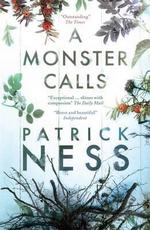
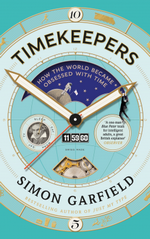
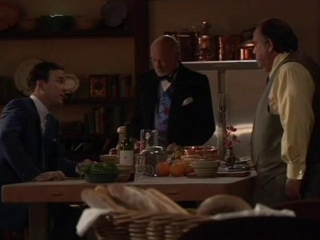
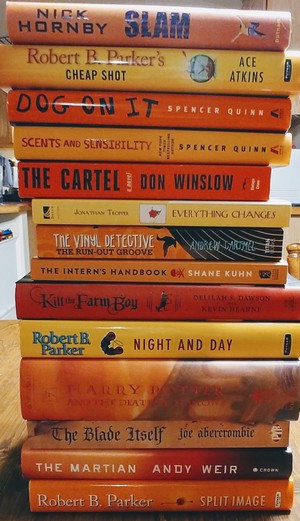
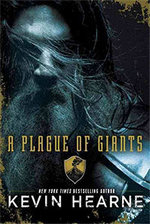
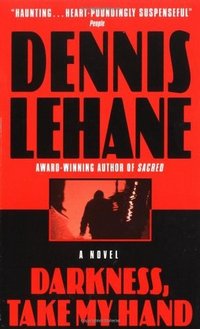

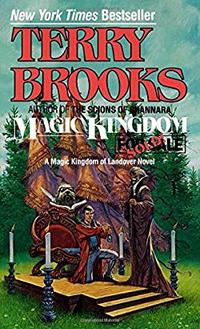


 Dracula: a book with a charismatic villain
Dracula: a book with a charismatic villain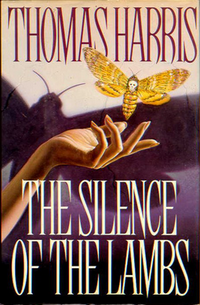
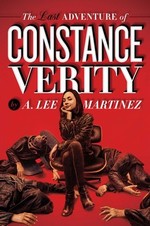

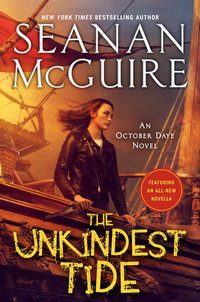

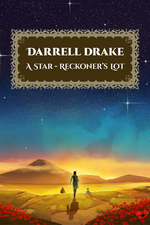
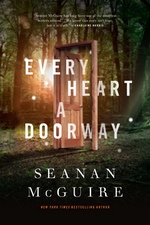
 On Oct 23 in Chillicothe, Ohio, Archie Goodwin entered this world–no doubt with a smile for the pretty nurses–and American detective literature was never the same.
On Oct 23 in Chillicothe, Ohio, Archie Goodwin entered this world–no doubt with a smile for the pretty nurses–and American detective literature was never the same.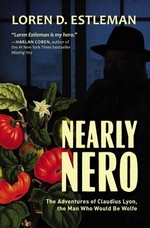

 Rex Stout’s
Rex Stout’s 